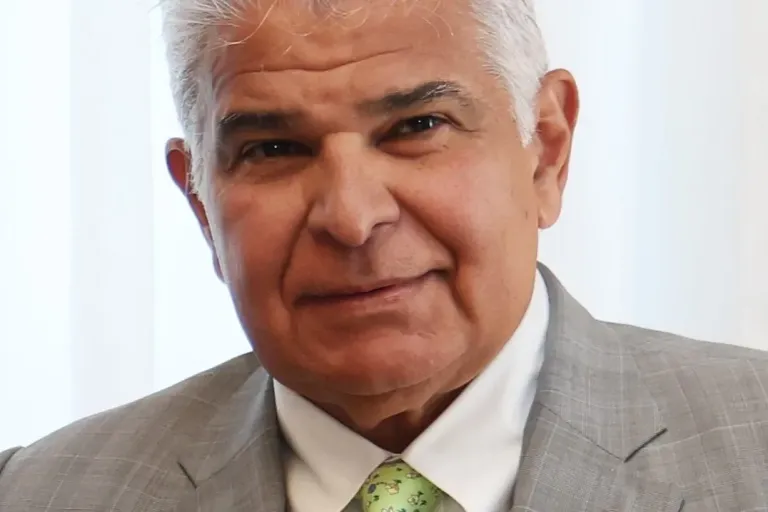**Panama President Mulino Denounces US Diplomat Over Visa Threat Allegations**
PANAMA CITY, Panama – President José Raúl Mulino publicly confirmed and condemned alleged threats made by a United States embassy official against Panamanian business figures on Thursday, October 17, 2025. The accusations, which involve warnings to revoke U.S. visas over commercial dealings with Chinese companies, have prompted a cautious but firm response from the Panamanian government, signaling a potential strain in bilateral relations.
Foreign Minister Javier Martínez Acha responded to the President’s statements later the same day, affirming the government’s position. He emphasized that while Panama would act with discretion, it was unacceptable for local entrepreneurs engaged in legal trade to be targeted in such a manner.
Official Government Response to Alleged Threats
The diplomatic incident emerged after President Mulino addressed circulating rumors during a public engagement. The President stated he had verified information about a specific U.S. embassy staff member intimidating Panamanian nacional business leaders. He expressed that such actions were inconsistent with the positive relationship he aims to maintain with the United States.
“It is true, and I do have that information, that there is a female official from the embassy around there threatening to revoke visas. That is not consistent with the good relationship that I aspire to have with the United States.” President Mulino stated.
Mulino clarified that while the U.S. government holds the sovereign right to grant or revoke entry visas, this authority should not be exercised coercively. He firmly situated the dispute within the broader context of U.S.-China tensions, asserting that Panama should not be used as a proxy in this conflict.
Panama Asserts Sovereignty in Foreign Policy
A central theme in President Mulino’s remarks was the defense of Panama’s judicial security and economic sovereignty. He warned against actions that could destabilize the country’s legal framework or deter foreign investment. The President’s comments reflect a broader foreign policy objective of maintaining balanced relations with all global powers without being drawn into their bilateral disputes.
“It is not healthy for the relationship, nor for the legal framework of the country, to use Panama as a pawn to sanction or eliminate a Chinese company that already operates here.” Mulino cautioned.
Foreign Minister Martínez Acha echoed this sentiment, highlighting the need for prudence while defending the rights of panamas businesses. His statement aimed to de-escalate the public nature of the dispute while firmly communicating Panama’s position to both domestic and international audiences.
“Comprenderán que nosotros tenemos que ser bastante discretos en estos asuntos. Pero sí, no me parece oportuno que comerciantes que están haciendo transacciones perfectamente legales sean objeto de este tipo de situaciones,” the Chancellor stated.
Context and Potential Impact on US-Panama Relations
This incident occurs against a complex geopolitical backdrop. Panama maintains diplomatic ties with China and has seen significant Chinese investment in recent years, particularly in infrastructure and logistics projects critical to its economy. Simultaneously, its longstanding relationship with the United States is anchored by the Panama Canal and extensive trade and security cooperation.
The use of visa sanctions as a tool of foreign policy by the U.S. to influence third-country commercial behavior has been documented in other regions, but its public denunciation by a sitting Panamanian president marks a significant escalation. The government’s decision to publicize the allegation indicates a strategic move to place the issue on the official bilateral agenda and shield local businesses from external pressure.
As authorities investigate the claims further, the immediate impact will be closely watched by the diplomatic and business communities. The situation underscores the challenges smaller nations face in navigating the increasingly intense competition between the world’s two largest economies. The outcome of this dispute could set a precedent for how Panama manages its economic partnerships moving forward.
For ongoing coverage of government actions and their local impact, readers can follow developments related to initiatives launched on our site. Further context on Panama’s economic strategies can be found in our report on Panama Exporta 2025.



